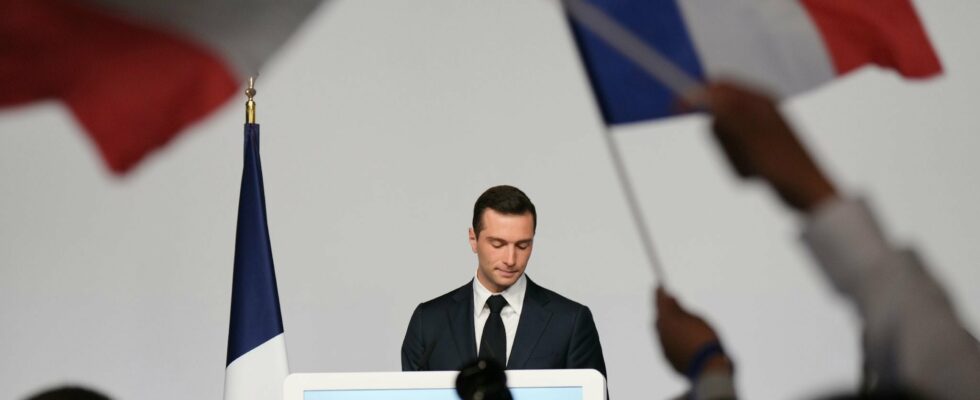The National Rally will therefore not constitute the next government of the French Republic. Would this have changed the situation in terms of foreign and strategic affairs, especially with regard to the great powers and knowing that its stated priorities are within the borders and not outside? First of all, it should be recalled that the letter of the 1958 Constitution is quite clear regarding the sharing of powers in the event of cohabitation, with strategic and military issues essentially falling to the president as head of the armed forces and guarantor of treaties (art. 15), with diplomacy certainly falling under the two executive poles but remaining in the spirit of the texts rather on the presidential side. Certainly, the three previous cohabitations had seen (despite the Mitterrand-Chirac frictions in 1986-88) the two heads of the executive get along quite well, but the thought patterns were quite common; There, with the extreme right of the RN (or the extreme left of LFI, for that matter), we would have known a gap of perceptions and therefore of policies on many points, notably in the face of Russia, China and the United States. How would we have reacted to it in these three great powers?
In Moscow, we would obviously have preferred an RN victory, for at least two reasons.
First, this party is extremely close to the Kremlin on ideological and financial levels, and would have probably tried to break with the Elysée policy not only favorable to Ukraine but increasingly proactive in terms of arms deliveries and training (or even sending) troops since 2023; in the same spirit, Vladimir Putin would have expected from an RN Prime Minister a redefinition of Franco-Russian relations, with undoubtedly a demand for easing of financial and technological sanctions (like the Hungarian leader Orban systematically slowing down within the EU any initiative unfavorable to Moscow) and a clearer French withdrawal from the Sahelo-Saharan zones in favor of Russian mercenaries and/or companies setting up there.
Secondly, the RN in power would have created the conditions for a strategic weakening of Paris, undermined internally for – at least – one to three years by the Elysée-Matignon confrontation; but the Kremlin is now targeting France in all areas and is clearly seeking its decline. Thus, due to the failure of the RN to form a parliamentary majority and therefore a government, we must expect the continuation of a very hostile policy.
China “only” wants France to weaken
In Beijing, they do not want the collapse of Europe and its powers, but “only” the political and military weakening of the most important of them, France; economically, the EU remains one of the two main outlets for Chinese products, and consequently an absolutely decisive customer. However, within the EU, even if the French economy is only second (increasingly far) behind Germany, its weight remains not negligible. Also, China would have had nothing to gain from seeing at Matignon a totally inexperienced Prime Minister who is very unreassuring for investors, creditors and other rating agencies; On the other hand, Beijing is counting on – RN in power or not and whatever the composition of the National Assembly – a French military withdrawal in the immense Indo-Pacific zone, starting with New Caledonia, where France has numerous island and archipelagic areas populated by hundreds of thousands of citizens, and has several million km2 of exclusive economic zones.
Finally, in the United States, the current President Joe Biden does not want in any way a weakening that would have caused in his eyes the arrival in power of the RN or the extreme left; very loyal to the Atlantic alliance and in favor of a solid and democratic Europe (and Francophile, like his Secretary of State Blinken), the American president knows, in the midst of a Russian military counter-offensive in Ukraine and at a time when an authoritarian Russian-Sino-Iranian axis is strengthening, the weight of Paris on the Old Continent and well beyond. This is all the more true since the powerful British ally seems to be in decline. For his part, Donald Trump, if he had been in power, would probably have applauded the arrival in power of a party traditionally hostile to NATO, this Atlantic alliance perceived by the former (and future?) American president as far too costly.
Frédéric Encel, columnist at L’Express, author of a doctoral thesis on Jerusalem, published under the title “Géopolitique de Jérusalem” (Flammarion, 2009).
.
